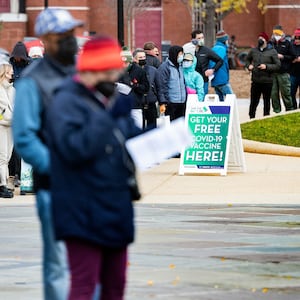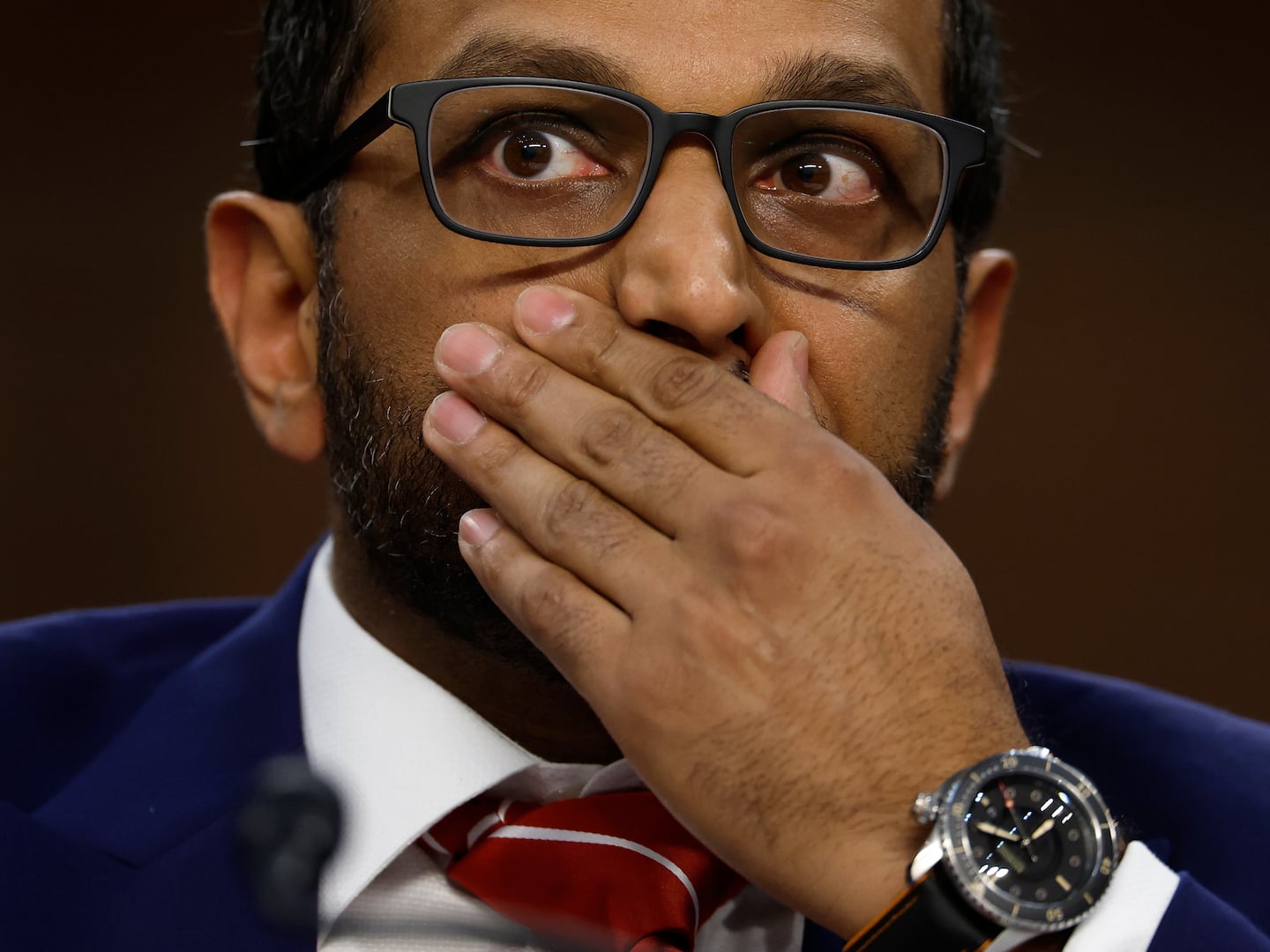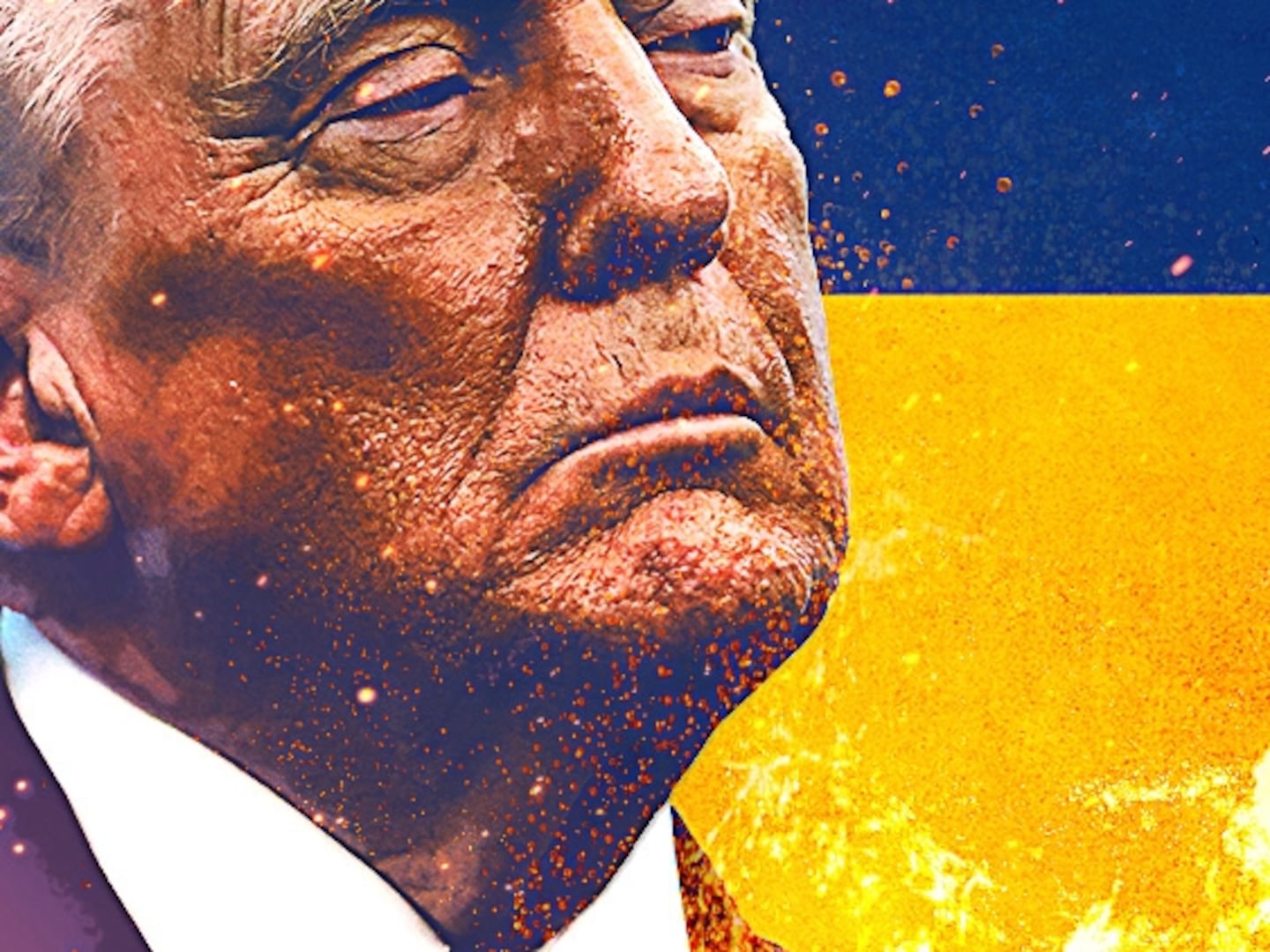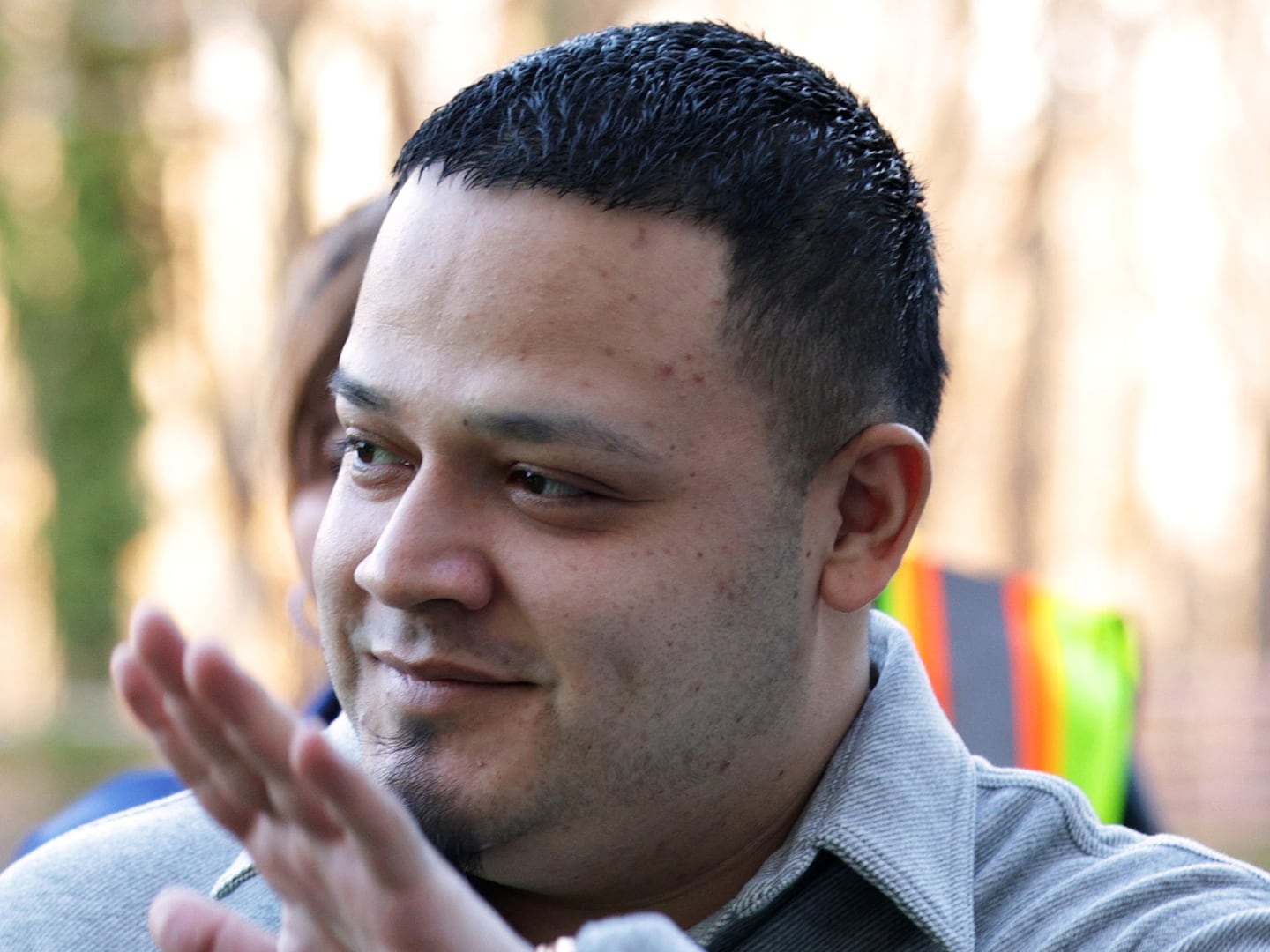As the scientific community works to parse just how bad the super-mutated Omicron variant of the coronavirus might be, individual countries are reacting in increasing erratic ways.
The Centers for Disease Control and Prevention on Wednesday morning issued a directive to all airlines with service to Botswana, Eswatini, Lesotho, Malawi, Mozambique, Namibia, South Africa, and Zimbabwe that they must disclose the names and contact information of all passengers who have been to those countries in the last 14 days.
Those passengers will be tracked down in the U.S. for a health check that could include COVID testing by local health authorities looking to mitigate the spread of the Omicron variant, according to Reuters. It is unclear what penalties anyone who would not comply will face.
More than 70 countries now have travel restrictions that primarily target southern African nations, even though new evidence suggests that the variant was found elsewhere long before South Africa’s scientists spotted it in a lab.
Nigeria announced Wednesday that a look back through samples taken in October show Omicron was already present then. The Netherlands also found the variant in samples days before it was discovered in South Africa. In both countries, those who had the disease were either asymptomatic or had mild cases. Neither the Netherlands or Nigeria are included in most travel bans, including into the United States.
France, which was quick to ban travel from southern Africa, said Wednesday it would reopen flights to the banned nations on Dec. 4 under “extremely strict” supervision. Other European nations are mulling similar changes on the back of news the the virus may not have originated there at all. There has not yet been a death attributed to the Omicron strain reported.
The Biden administration confirmed it is weighing tightening entrance restrictions on international travelers into the U.S. by requiring they get a COVID-19 test 24 hours before travel instead of 72 hours, which has been the rule for vaccinated travelers. (Unvaccinated travelers were already required to take a test within 24 hours.) The White House is also considering requiring travelers to take a COVID test within a few days of arrival, but it is not clear if they would have to quarantine until the results are back, as is the practice in places like the U.K.
South Australia on Wednesday announced that, immediately, all international travelers would have to quarantine in its dedicated hotels for 14 days, regardless of their vaccination status, to try to keep Omicron at bay. Fiji, on the other hand, opened its borders to international travelers after being closed since May 2020. Visitors will have to quarantine until a negative COVID test result is achieved.
New cases of the variant continue to emerge, including in the U.S., where an Omicron-infected patient was confirmed in California on Wednesday. That person had recently traveled to the U.S. from South Africa, testing positive for the variant on Nov. 29. Saudi Arabia confirmed its first known case Wednesday in a traveler who had been to north, not south, Africa, according to Saudi state media. New cases were also reported in Ghana, South Korea, Ireland, and Brazil. The variant has so far been found in 23 countries worldwide, according to CNN.
South Africa, meanwhile, continues to struggle with a surge in new cases, but a doctor told CNN that most of those with the Omicron variant are young and almost all cases were mild. Angelique Coetzee told CNN’s New Day that so far very few of the Omicron patients are even hospitalized. “We need to get the message out to the world that this is not causing severe disease,” she said. “We can treat most of these cases at home.” She said the symptoms she’s seen of Omicron are a “fatigue that is not normal” and a scratchy throat, slight body aches, and malaise.
The European Union was already in trouble when Omicron hit. The World Health Organization had identified the region as the epicenter of the fourth wave due to a surge in cases tied to the Delta variant, which is far more deadly. “We are now facing a double challenge in the fight against COVID-19,” European Commission President Ursula von der Leyen posted in a tweet. “The rapid resurgence of Delta across Europe and a new variant of concern: Omicron.”
She suggested that travel bans be evaluated daily and that EU member states try to work together in terms of restrictions. Since there are no land border controls in the Shengen area of the EU, a banned traveler could easily fly into one country and move by train or car to another.








